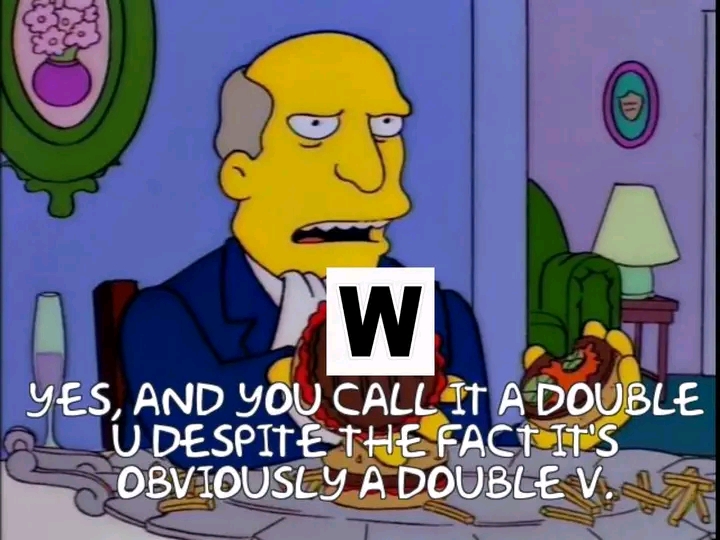English usage and grammar
424 readers
2 users here now
A community to discuss and ask questions about English usage and grammar.
If your post refers to a specific English variant, please indicate it within square brackets (for instance [Canadian]).
Online resources:
- Cambridge English Dictionary
- Merriam-Webster Dictionary and Thesaurus
- Gilman's Webster's Dictionary of English Usage. This is a great and witty reference about usage, its history, and its controveries
Sibling communities:
Rules of conduct:
The usual ones on Lemmy and Mastodon.. In short: be kind or at least respectful, no offensive language, no harassment, no spam.
(Icon: entry "English" in the Oxford English Dictionary, 1933. Banner: page from Chaucer's "The Wife of Bath's Tale".)
founded 2 years ago
MODERATORS
1
2
3
4
5
6
7
8
9
10
11
12
13
14
15
16
17
18
19
21
22
23
24
25
view more: next ›






